Medical Negligence in Personal Injury Cases: Orlando Guide to Legal Processes

In personal injury cases Orlando, medical negligence is a key factor in achieving justice. It occurs…….
Welcome to an in-depth exploration of personal injury cases specifically within the context of Orlando, Florida. This comprehensive article aims to demystify a legal process often shrouded in complexity and uncertainty. We will delve into the various facets of personal injury claims, their impact on individuals and the community, and the role they play in shaping safety standards and compensation practices. By the end, readers should have a thorough understanding of Orlando’s personal injury landscape and its implications for those involved.
Definition: A personal injury case in Orlando refers to legal proceedings wherein an individual seeks compensation for physical or emotional harm sustained due to another party’s negligence, intentional actions, or product liability. These cases encompass a wide range of incidents, from motor vehicle accidents and premises liability to medical malpractice and workplace injuries.
Core Components:
Plaintiff vs. Defendant: The case involves a plaintiff (the injured party) who files a lawsuit against a defendant (the party alleged to be at fault).
Negligence or Liability: To win, the plaintiff must prove that the defendant owed a duty of care, breached that duty, and their actions directly caused the harm.
Damages: If successful, the court awards damages to compensate for medical expenses, lost wages, pain and suffering, and other relevant losses.
Historical Context: Personal injury law in Florida, including Orlando, has evolved over time, influenced by state-level statutes and case law. The legal system’s emphasis on holding accountable those responsible for causing harm dates back centuries, with modern personal injury practices solidifying in the 20th century.
Orlando’s personal injury cases are not isolated incidents but part of a global phenomenon. Here’s how it resonates worldwide:
Universal Precedent: Successful personal injury cases set precedents that influence legal strategies globally, fostering better safety measures and compensation practices.
Regional Disparities: Trends vary across regions due to differing legal systems, healthcare access, and economic factors. For instance, developed nations often have more robust personal injury frameworks.
International Insurance: Many international tourists visiting Orlando contribute to the case volume, highlighting the need for accessible and fair compensation processes.
Legal Services Demand: Personal injury cases stimulate demand for legal services, supporting local law firms and contributing to Orlando’s economic growth.
Insurance Industry Impact: Insurance companies closely monitor these cases, influencing their policies and rates, which can affect both individuals and businesses.
Attracting Investors: A robust personal injury legal system attracts investors looking for stable, long-term returns in the Orlando market.
Risk Assessment: Businesses consider the local legal environment when assessing risks, which can impact investment decisions and economic development.
Online Case Management: Digital platforms streamline case management, allowing efficient document sharing, communication, and progress tracking between clients and attorneys.
Forensic Technology: Advanced technology, such as 3D modeling and motion capture, aids in reconstructing accidents, enhancing evidence presentation, and improving trial outcomes.
Improved Accessibility: Online resources make legal information more accessible, empowering individuals to take proactive measures after an injury.
Enhanced Efficiency: Technology reduces paperwork, court time, and overall case duration, benefiting both plaintiffs and defendants.
Florida Personal Injury Law (FPIL): This state law provides a framework for personal injury cases, outlining statutes of limitations, damages, and liability rules specific to Florida.
No-Fault Insurance: Florida’s no-fault insurance system requires drivers to carry personal injury protection (PIP) coverage, which covers medical expenses without regard to fault in certain situations.
Workman’s Compensation: For workplace injuries, Florida’s workers’ compensation laws provide no-fault coverage for medical benefits and wage replacement.
Product Liability: Strict product liability laws hold manufacturers accountable for defective products that cause harm, ensuring consumer safety.
Complex Legal Processes: The complexity of personal injury cases often deters individuals from seeking justice, especially those without legal expertise.
High Costs: Attorney fees and court expenses can be prohibitive, creating a financial barrier for plaintiffs.
Lengthy Durations: Cases may take years to resolve, causing emotional stress and financial strain on plaintiffs.
Legal Aid Organizations: Non-profit legal aid groups offer assistance to low-income individuals, providing affordable or free representation.
Simplified Case Management: Implementing user-friendly case management systems can streamline processes, making them more accessible.
Alternative Dispute Resolution (ADR): Methods like mediation and arbitration can expedite case resolution, reducing costs and emotional toll.
A young professional, Sarah, was involved in a severe car crash while commuting to work. The defendant, a distracted driver, failed to yield at an intersection, causing significant damage to Sarah’s vehicle. Through diligent investigation and expert testimony, Sarah’s attorney established liability and secured a substantial settlement covering her medical bills, lost wages, and pain and suffering.
Lesson: Effective legal representation and thorough investigation are crucial in securing just compensation for victims of negligent driving.
John, a tourist from out of state, visited an Orlando theme park and suffered a severe fall on a poorly maintained walkway. His lawsuit alleged negligence on the part of the park management, citing inadequate lighting and irregular paving. The case settled for an undisclosed amount, setting a precedent for improved safety measures at similar attractions.
Takeaway: Personal injury cases in popular tourist destinations must address unique challenges, such as establishing liability in highly regulated industries like hospitality and entertainment.
Emerging Technologies: As autonomous vehicles gain traction, personal injury cases related to self-driving cars will likely emerge, presenting new legal complexities.
Mental Health Claims: Increasing awareness of mental health issues may lead to more claims for psychological injuries caused by accidents or medical negligence.
Telemedicine and Remote Legal Services: The post-pandemic world may see a rise in remote legal services, expanding access to justice globally.
AI-Assisted Evidence Analysis: Artificial intelligence will play a growing role in analyzing complex data, aiding in case preparation and outcomes prediction.
Personal injury cases Orlando are more than just legal battles; they are journeys toward justice, compensation, and improved safety standards. Through this comprehensive exploration, we’ve uncovered the intricate web of factors shaping these cases, from global trends to local policies. By understanding these dynamics, individuals can navigate the legal process with greater confidence, ensuring their rights are protected.
Moreover, as technology advances and societal needs evolve, personal injury law will continue to adapt, reflecting the changing face of Orlando and its diverse community. The pursuit of justice in personal injury cases remains a cornerstone of a fair and equitable society.
Q: What is the statute of limitations for filing a personal injury claim in Orlando?
A: In Florida, including Orlando, the statute of limitations for most personal injury claims is four years from the date of the incident or its discovery. For medical malpractice claims, it’s two years from the incident or one year from the end of continuous treatment by the healthcare provider.
Q: Can I pursue a claim if I share fault for the accident?
A: Yes, Florida follows a pure comparative negligence rule, meaning your compensation is reduced by your percentage of fault. If you’re partially at fault, you can still recover damages but will receive less than if you were entirely blameless.
Q: How do I choose the right attorney for my case?
A: Look for attorneys with experience in personal injury law, a proven track record of successful cases, and a reputation for excellent client service. Referrals from trusted sources can also guide your decision-making process.
Q: Are there any costs involved in filing a personal injury claim?
A: Initial consultations are often free, and most attorneys work on a contingency fee basis, meaning they don’t get paid unless you win or settle your case. However, there may be out-of-pocket expenses for reports, expert witness fees, and court costs.
Q: Can I pursue a claim if the other party has no insurance?
A: Yes, but it may be more challenging without insurance coverage to secure compensation. You can pursue legal action, and if successful, a judgment can be placed on their assets to cover your damages.

In personal injury cases Orlando, medical negligence is a key factor in achieving justice. It occurs…….
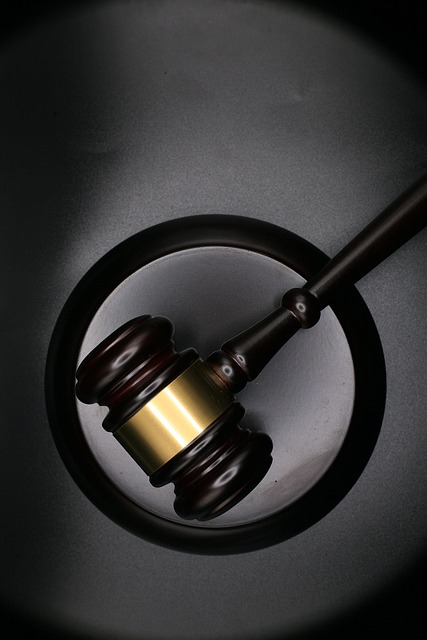
In Orlando, understanding medical negligence is crucial for personal injury cases, where a healthcar…….

In personal injury cases involving pedestrians in Orlando, understanding road dynamics, incident typ…….
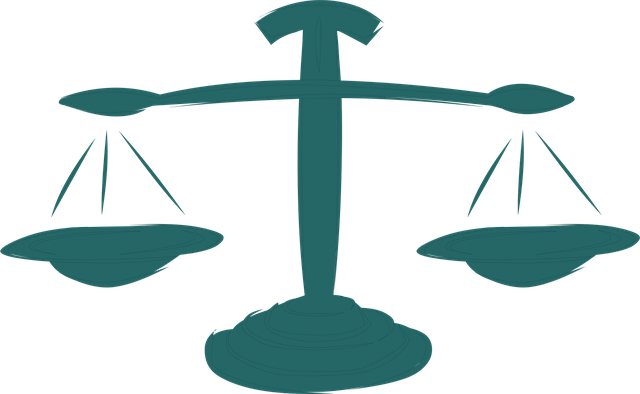
Personal injury cases in Orlando cover various incidents causing harm, with car accidents being prev…….
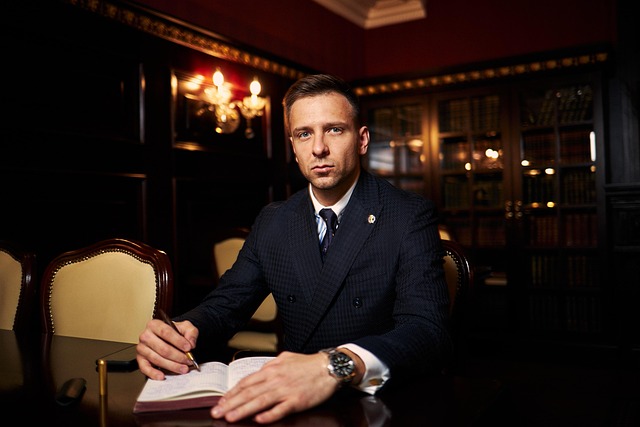
In a personal injury case Orlando, insurance is vital for compensating losses from negligence or acc…….
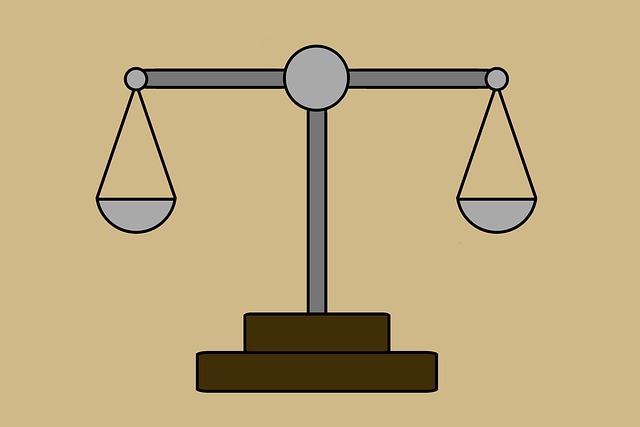
Personal injury cases in Orlando encompass diverse scenarios, from car collisions and slips/falls to…….

Despite its picturesque waterways, boating accidents in Orlando are preventable by addressing common…….
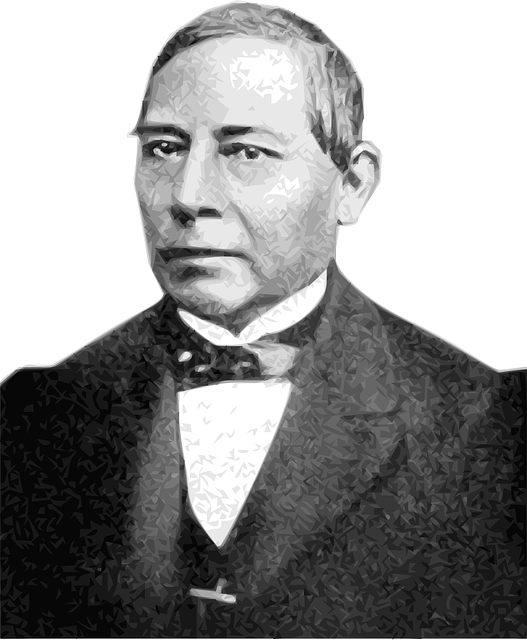
In Orlando, personal injury law involves compensating individuals for injuries caused by another par…….
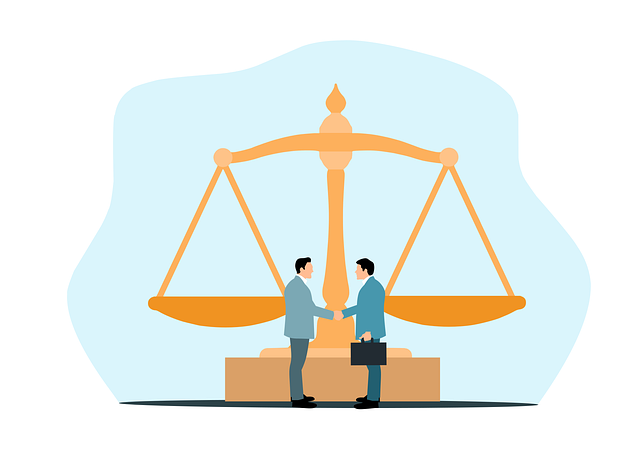
In Orlando, personal injury cases range from car accidents to slip and fall injuries, with legal con…….